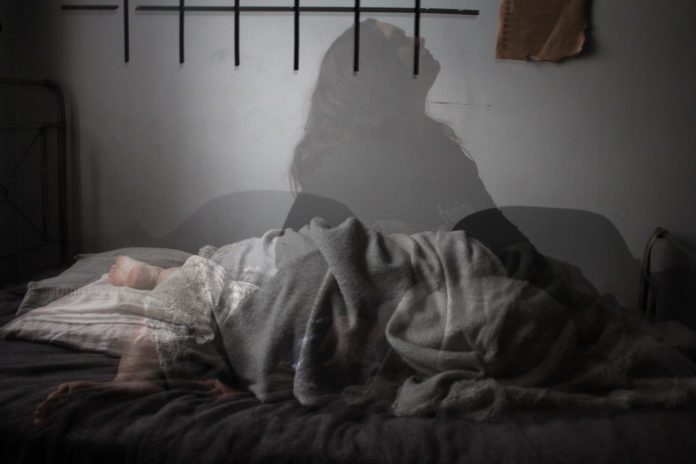In America, study shows no less than a third of Americans experience difficulties during their sleep. The problems range from trouble falling or staying asleep, snoring, insufficient sleep that causes daytime fatigue, or more than usual daytime sleepiness.
If you experience these signs or more that we’ll cover letter, chances are you are experiencing a sleep disorder. Thankfully, modern times mean more health solutions, and perhaps sleep diagnosis from a sleep specialist is what you’ll need.
What are the Sleep Disorders and Who is a Sleep Specialist
Sleep disorders are health complications that will negatively affect how you sleep. There are different causes of these disorders, including stress, poor sleeping habits, or existing health conditions. Sleep disorders are on the rise in the US and pose a negative impact on your overall mental state, energy, and mood.
They are different types of sleep disorders. Therefore, it is best you get a diagnosis from a sleep provider to know what exactly affects you. Here are the five most common sleep disorders.
- Insomnia is a popular sleep disorder that causes the inability to fall or stay asleep. It is common with people experiencing stress, anxiety disorders, digestive and hormone complications. Insomnia is widespread among adults and can occur in three types, namely chronic, intermittent and transient.
- Sleep apnea is another common but rather unknown sleep disorder. Sleep apnea victims experience breath pauses when they are asleep. Consequently, the body intakes oxygen at lower levels, leading to dire effects and waking up during sleep.
- Parasomnias are sleep disorders that cause unusual sleep movements and habits such as sleepwalking or sleep talking.
- RLS or restless leg syndrome causes one to feel a persistent need to have movements or a tingling sensation in your legs. The condition occurs mainly during the night but can also occur in the daytime.
- Narcolepsy involves unforeseen periods of extreme fatigue and the need to fall asleep. Sleep paralysis, a condition that renders you unable to move when you wake up, is commonly associated with narcolepsy.
To accurately determine what may be causing your sleep disorder or sleeping difficulties, you need the assistance of sleep doctors. Sleep providers are physicians or doctors that have specialized in sleep health.
A certified sleep provider can diagnose you and establish the causes or the type of sleep disorder you are suffering from. So, when do you know you need an appointment to see a sleep specialist?
Making Noise During Your Sleep
Sleep noises occur in various forms, such as snoring, snorting, or even gasping for air. Snoring especially may be a source of jokes between you and your loved one, but it can often signal an underlying problem. Noisy sleepers tend to have the problem due to obstruction in their upper airways.
And while snoring is a common symptom of sleep apnea, it is not always as a result of the sleep disorder. However, abnormally loud snoring, coupled with pauses in breathing, may be a clear indication that you are suffering from sleep apnea.
Severe apnea increases the risk of other health complications such as high blood pressure and stroke. Seeing a sleep specialist enables you to control the episodes with treatment options, including lifestyle changes and the use of breathing devices such as the CPAP machine.
Restlessness During Your Sleep
If you are constantly tossing and turning in your sleep or wake up with your sheets bedraggled, you most likely have a sleep disorder. Time and again, such behaviors are prevalent in people experiencing sleep apnea or restless leg syndrome. When your breathing is short or stops during your sleep, restlessness can also occur. Consequently, you won’t get enough sleep, triggering a negative sleep deprivation impact, for instance, increased fatigue and sleepiness in the daytime.
It Takes 30 Minutes or More to Fall Asleep
While having difficulties falling asleep may be down to minor factors such as screen distractions or too much sleep earlier, regular occurrences mean trouble. Insomnia may be a sleep disorder symptom or be the primary sleep disorder affecting you. Insomnia is best diagnosed by a professional for certainty and discovering possible conditions causing the disorder.
There are over 70 sleep disorders that affect not only your sleep but also your life quality, productivity, and mental abilities such as concentration. It is best you liaise with a sleep specialist and know whether you are experiencing a sleep disorder and how to overcome it.




